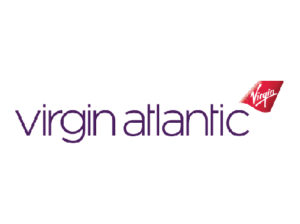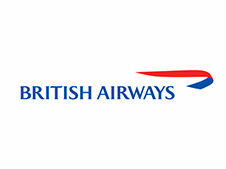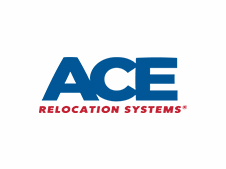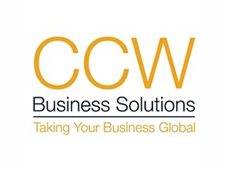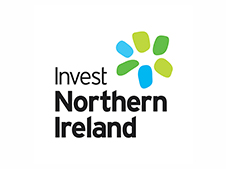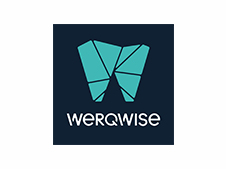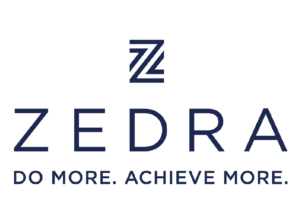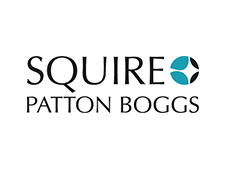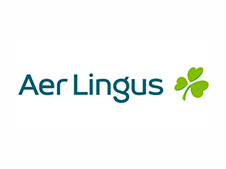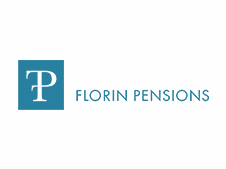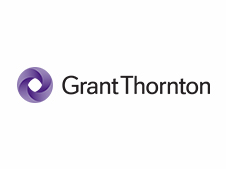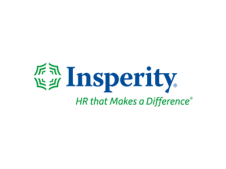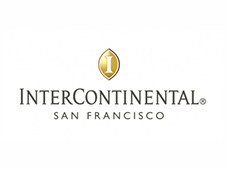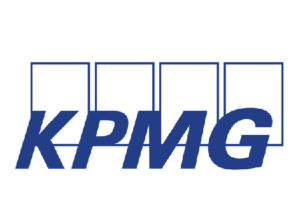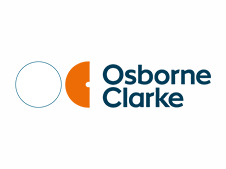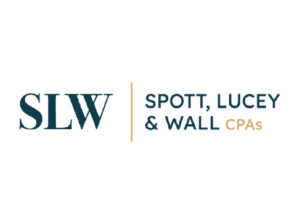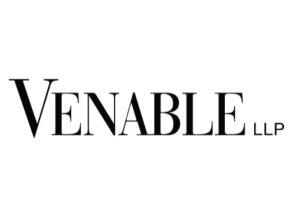In the US, the new administration has already committed to sustainability, requiring action on emissions reductions and deep structural change from America’s industrial and energy base. In Europe, the ESG ecosystem has been developing for a number of years, driven significantly by the finance sector, and is now becoming an increasing point of focus across sectors.
ESG goes mainstream
There is a rapidly growing recognition that ESG concerns are more than a nice to have. That engaging with initiatives that avoid contributing to climate change, pollution, and human rights and labor abuses can have real value. Businesses can reduce reputational risk and encourage more responsible business practices which benefit them and their stakeholders in the long term.
Businesses that ignore ESG concerns can also face a bottom line impact – whether that is through increased regulatory costs, reputational damage to a business brand or simply losing competitive advantage in the marketplace for business and talent.
Consequently, there is a growing expectation from investors and stakeholders that businesses will report on non-financial issues, risks and opportunities with the same discipline and rigour as they do with financial information.
This expectation is increasingly reinforced by legislation mandating non-financial issues businesses are required to report upon. In Europe, large businesses are already required to report on environmental impact, supply chain issues and workforce issues such as gender balance and senior management pay. This is done via a mixture of reports published with annual accounts and public online registries which allow for comparison across businesses in similar sectors.
Reporting standards
Investor groups also have their own sustainable reporting standards which effectively get pushed down to their corporate assets as mandated requirements. There is a renewed focus on this in Europe’s investor community because of the Sustainable Finance Disclosure Regulation, which is due to land in March 2021.
Broadly, this will require financial market participants who market financial products into the EU to make sustainability related disclosures, such as the likely impact of environmental events on returns.
In addition, Europe is moving to a mandatory adoption of reporting on climate risk in accordance with the recommendations of the Task Force on Climate-Related Financial Disclosures (TCFD) – a standard setting body led by Michael Bloomberg, which has over 1,700 corporate supporters globally, with many located in the United States. The UK has already committed to all large companies reporting in accordance with TCFD recommendations from next year.
With the constantly evolving landscape, working out what a business needs to do and how to do it is not straightforward. The UN Sustainable Development Goals are often used as a starting point, but setting objectives and benchmarking against them can be challenging. There is no one-size-fits-all approach. Nevertheless, there is a fast-developing body of universal, and sector- and issue-specific, metrics and disclosures, within differing schemes, frameworks and guidelines. These can help businesses measure their ESG performance and assist them in meeting their compliance obligations in a sensible and justifiable way.
Benchmarking sustainable business performance in a clear, transparent, comparable way is challenging but also important if you are going to drive the value for the business that comes from achievement on ESG.
Osborne Clarke’s ESG roadmap
Osborne Clarke can help your European operations cut through the noise of voluntary and regulatory demands.
Our Global Compliance team has developed an ESG roadmap: a series of questions designed to help a business understand and identify key information and issues that it will need to take into account in developing its approach to ESG and to reporting publicly on ESG.
This roadmap provides your business with a context and a starting point from which an assessment can be developed of the ESG risks and opportunities faced by the business, and a strategic plan developed to move the business from where it is to where it wants or needs to be on ESG.
A preview of the roadmap is available here. Please contact any of our experts below for further information or to discuss any aspect of ESG.
In our next newsletter, we will turn more specifically to look at decarbonisation and the opportunities that there are in Europe as the world transitions to a net zero carbon economy.


